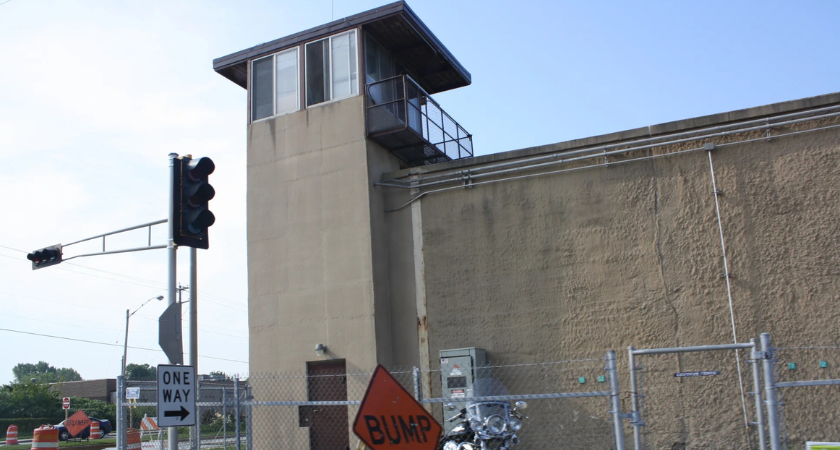
The State Building Commission has released $15 million designated for the planning and design phase of a long-term effort to reshape Wisconsin’s correctional system — a move that could ultimately lead to closing the troubled Green Bay Correctional Institution.
.jpg)
The unanimous vote builds on funding approved in the latest state budget, advancing Democratic Gov. Tony Evers’ vision for modernizing aging facilities and shifting the state toward a more rehabilitative approach. Even so, Republican lawmakers on the commission made it clear they still oppose key parts of the overall plan.
Evers urged commissioners to stop delaying decisions on an issue that has persisted across administrations. “Let’s just get something goddamn done here, please,” he said. “We got to fix the system, and we have an opportunity now.”
Republicans have pushed back against the Governor’s aim to reduce statewide prison capacity by 700 beds, instead advocating for adding space to ease severe overcrowding. Their proposal would increase capacity by about 160 beds, according to Cameil Bowler, staffer for state Sen. Mary Felzkowski — although she characterized the figure as a preliminary target.
Felzkowski said further bipartisan negotiation is needed before Wisconsin commits to reshaping its entire correctional footprint. “We’re not saying that that’s the absolute plan here,” she said. “It’s a proposal that we’ve worked on, but we need to sit down in a bipartisan fashion and look at the future.”
Rep. Van Wanggaard argued that capacity increases are necessary to address dangerous conditions for both staff and incarcerated people. “This is about adding additional beds, reducing overcrowding and making facilities safer for not only our inmates, but for our staff,” he said.
Meanwhile, Rep. Mark Born questioned the premise behind Evers’ attempt to shrink the system. “We have to be realistic about what the law is and what the trends are,” Born said. “We shouldn’t pretend that just because people wish there were fewer people in prison, that that’s what’s going to happen.”
Wisconsin currently incarcerates roughly 23,000 people, more than triple its 1990 population, and the system remains over capacity by more than 5,800. Green Bay Correctional Institution — a maximum-security prison built in 1898 — has deteriorated physically and operationally, with chronic plumbing problems, ADA compliance issues, and documented violence.
Both parties have acknowledged the need to eventually shut down the Green Bay facility. Still, disagreements persist over timing, replacement infrastructure, and broader criminal justice strategy.
Evers’ earlier proposal — which included closing Green Bay by 2029 and investing $500 million to modernize other prisons — saw timelines softened after Republicans removed firm deadlines and funding commitments. Budget estimates shared with the commission suggest the realignment project could be completed by January 2031, depending on legislative approvals.

Republican commissioners attempted Tuesday to add more prescriptive conditions to the project, including expansions at Taycheedah (women’s prison) and Jackson (men’s facility), but the motion failed in a 4–4 vote. Ultimately, the planning funds were approved after Evers promised continued collaboration.
“I am cautiously optimistic following today’s meeting,” Felzkowski said. “Reform at the Department of Corrections must come from bipartisan, ongoing conversations.”
In a statement following the vote, Evers called the decision a breakthrough toward larger goals. He celebrated progress on closing Green Bay and transitioning youth incarcerated in Lincoln Hills and Copper Lake into safer settings. “[This is a] key step toward ultimately working toward the goal of closing Green Bay Correctional Institution and getting kids out of Lincoln Hills and Copper Lake Schools safely and responsibly.”
As part of the planning directive, Wisconsin will evaluate converting the Lincoln Hills youth facility into an adult prison and redesigning the maximum-security Waupun prison — built in the 1850s — into a medium-security, vocational-focused institution. Although Evers sought $250 million for the Waupun transformation, lawmakers stripped the funds.
Criminal justice reform advocates have long called for both Waupun and Green Bay to close, citing outdated infrastructure, rising maintenance costs, and an inability to support modern rehabilitation programming.
Originally reported by Sarah Lehr in WPR.